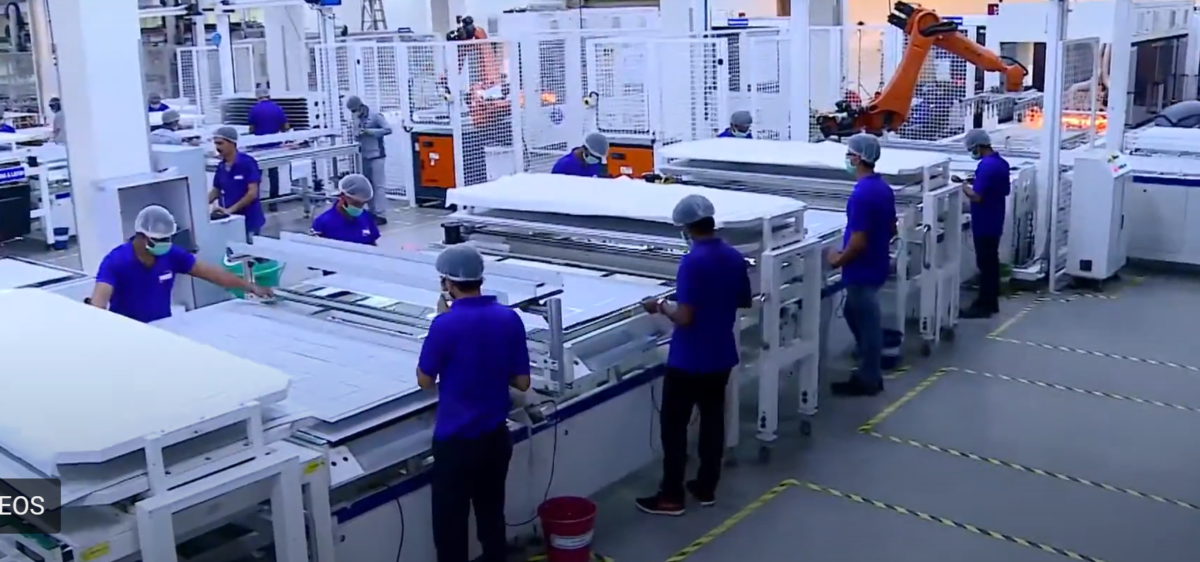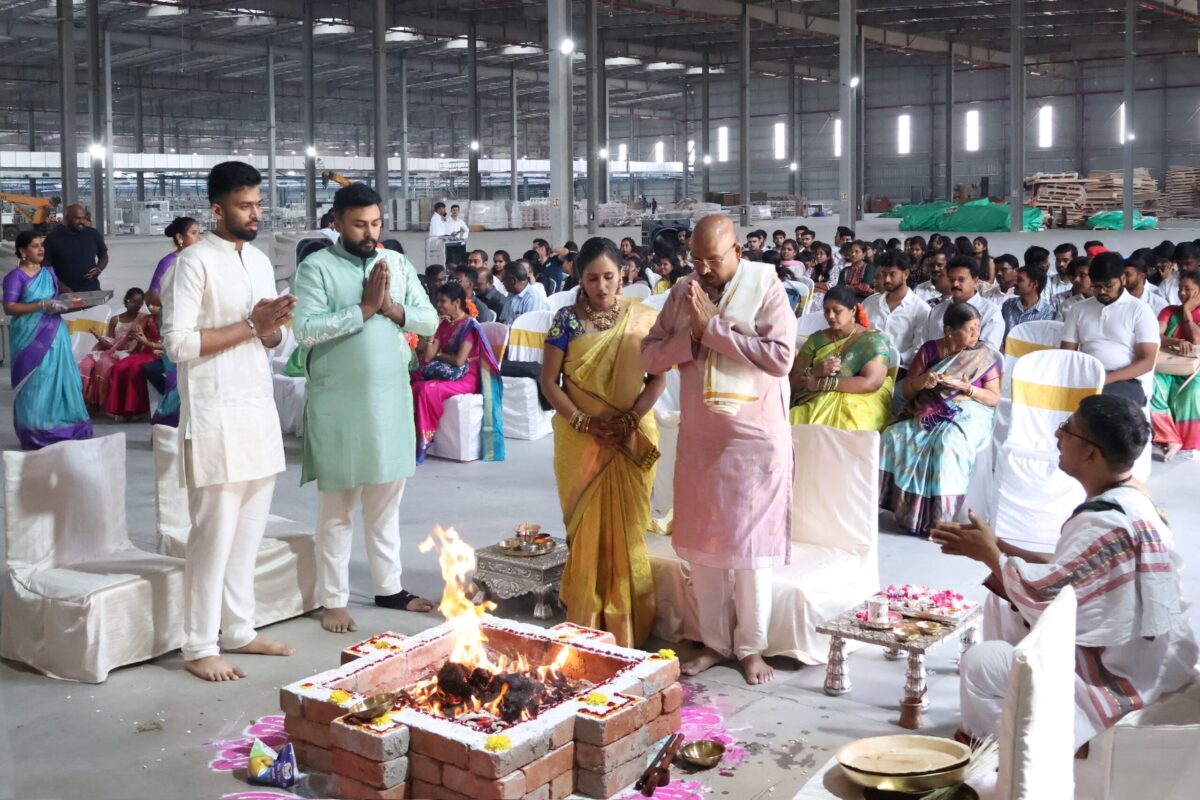Amid reports of the government seeking to pause ALMM (The Approved List of Models and Manufacturers) implementation for two years, solar manufacturers in India say the move will hit investments into domestic PV manufacturing.
As per ALMM requirement, only the solar products and manufacturers making to this list are eligible for government-backed, open access, and net-metering projects. The policy was introduced by the ministry of new and renewable energy to safeguard the domestic industry from dumping of Chinese products and ensure the use of quality solar cells and modules in PV projects.
CEEW estimates India would require INR 53,773 crore of investments over the next 3-4 years to indigenize the domestic solar manufacturing value chain. “ALMM mandate is crucial to protecting these investments,” said manufacturers.
Further, India is expected to have more than 95 GW of PV manufacturing capacity by the end of the calendar year 2025 with a continued focus on domestic manufacturing. Solar cell production is expected to reach 18 GW by the end of 2023, according to JMK Research.
“ALMM implementation was a reaffirmation of the government’s inclination towards bringing India’s economic growth, job creation and fulfilling net-zero target through solar. Improving domestic solar manufacturing is expected to bring $30 billion (INR 2.3 lakh crore) to domestic manufacturers in revenues by 2030 (by selling 150 GW at INR 15/Wp). However, delaying ALMM implementation would certainly impact capacity expansion investments made by domestic manufacturers in a negative manner, thus slowing the progress of realizing Aatmanirbhar Bharat (self-reliant India),” said Ashwini Sehgal, President of Indian Solar Manufacturers Association (ISMA)—an industry body representing manufacturers of solar cells, modules, and glass for modules in India.
Hitesh Doshi, president of All India Solar Industries Association (AISIA), said, “The growth opportunities are there for India and with growing solar demand it will only bring in more advantage only if we focus on nurturing domestic solar manufacturing. Besides, according to IEA, China holds an 80% share of all key manufacturing stages of solar panels in the global solar market. China concentrating the supply chains to itself is leading to imbalances and correction is needed to create a solar industry that is resilient to supply-side shocks or other crises. We are confident India can play a larger role with the timely implementation of favorable policies such as ALMM.”
Manish Gupta, president of the North India Module Manufacturer Association (NIMMA), appealed for a swift resolution in the matter, prioritizing the domestic solar manufacturing sector. “With the timely implementation of ALMM, our country stands to claim a much higher position in leading national and global solar transition through continuous manufacturing capacity expansion and R&D.” He appealed for a swift resolution in the matter, prioritizing domestic solar manufacturing sector,” he added.
ALMM list features 83 solar module manufacturers totaling 20.98 GW capacity.
This content is protected by copyright and may not be reused. If you want to cooperate with us and would like to reuse some of our content, please contact: editors@pv-magazine.com.









By submitting this form you agree to pv magazine using your data for the purposes of publishing your comment.
Your personal data will only be disclosed or otherwise transmitted to third parties for the purposes of spam filtering or if this is necessary for technical maintenance of the website. Any other transfer to third parties will not take place unless this is justified on the basis of applicable data protection regulations or if pv magazine is legally obliged to do so.
You may revoke this consent at any time with effect for the future, in which case your personal data will be deleted immediately. Otherwise, your data will be deleted if pv magazine has processed your request or the purpose of data storage is fulfilled.
Further information on data privacy can be found in our Data Protection Policy.